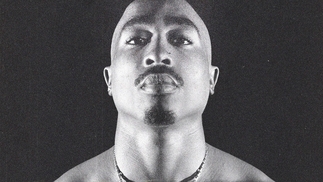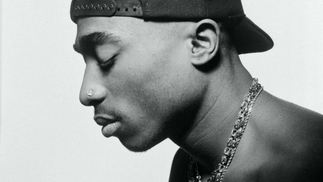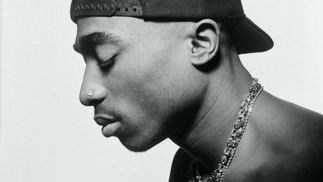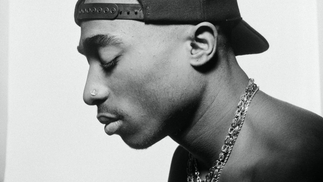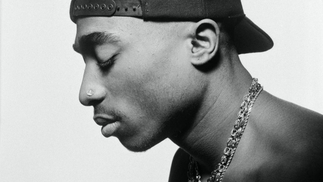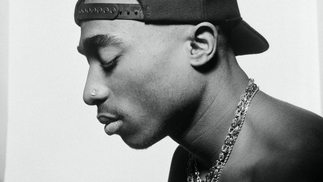Tupac Shakur murder investigation continues as Las Vegas search house in relation to 1996 killing
It comes 27 years after the hip-hop giant was killed in a drive-by shooting
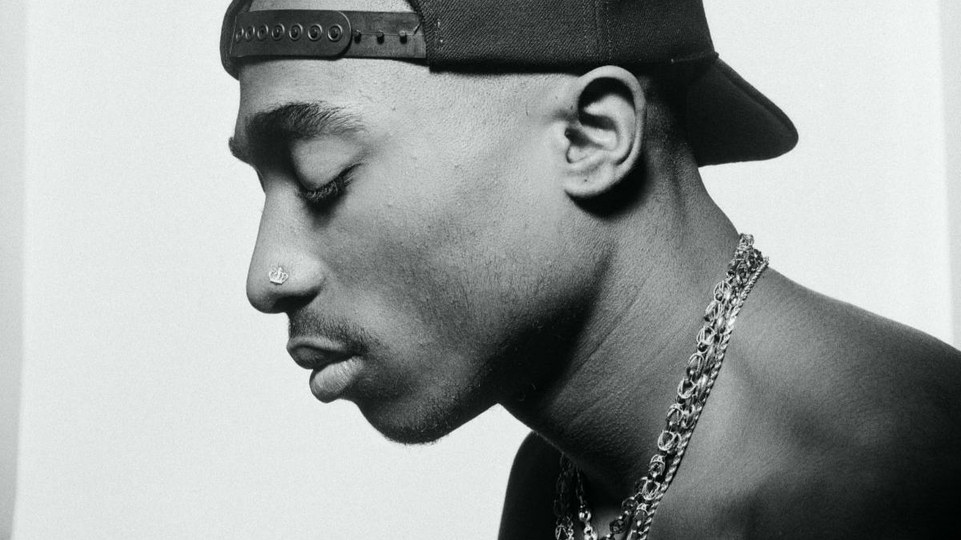
The long-running investigation into the unsolved murder of Tupac Shakur has continued this week, following a search carried out at a Las Vegas house.
27 years after the influential American hip-hop artist was killed in a drive-by shooting aged 25, authorities in Nevada have confirmed that they served a search warrant this week concerning the murder.
According to report by the Guardian, Las Vegas metropolitan police department said the search warrant was executed on Monday in the nearby city of Henderson. The report stated it was “unclear what they were looking for and where they were looking.”
Aden OcampoGomez, a spokesperson for the Las Vegas police department, said he could not provide further details, citing the nature of the ongoing investigation.
The murder of Shakur on 7th September 1996 has long been shrouded in mystery. He was shot several times inside a black vehicle while sitting beside Marion “Suge” Knight, head of Death Row Records. The car had stopped at a red light near the Las Vegas strip. Tupac died from his wounds in his hospital six days later. No arrests have ever been made in connection to the killing.
Six months later, on 9th March, Shakur's famous East Coast hip-hop rival The Notorious B.I.G. was murdered by an unidentified assailant in a drive-by shooting while visiting Los Angeles.
Earlier this month, it was revealed that a gold, ruby and diamond ring Tupac wore during his last public appearance is set to be auctioned by luxury auction house Sotheby's.
Last year, Sotheby's sold 2Pac's book of childhood poetry and illustrations. An immersive 2Pac museum experience opened in Los Angeles last year.
In 2021, it was reported that a rare collection of Tupac Shakur photos are to be sold as NFTs. The never-before-published images were taken in the midst of a release party for the legendary rapper's landmark debut album, '2Pacalypse Now', in 1992.
